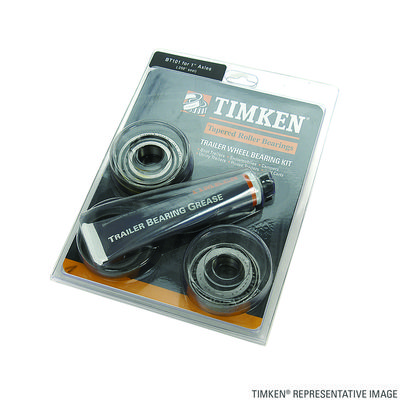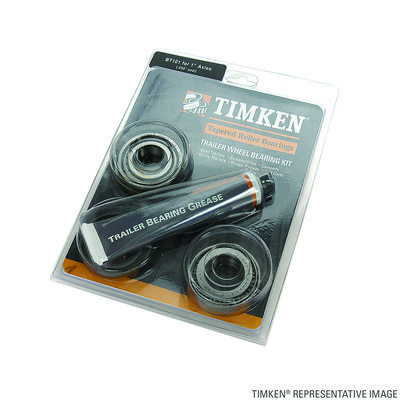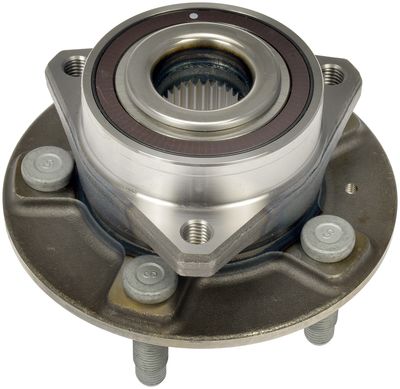Answer
Aug 13, 2024 - 03:31 PM
Timken and SKF are both leading manufacturers of bearings, known for their high-quality products used in various industrial and automotive applications. While both companies produce reliable and durable bearings, there are some differences between them in terms of design, product offerings, and specific strengths. Here’s a comparison of the two:
1. Company Background- Timken: An American company founded in 1899, Timken is renowned for its tapered roller bearings and has a strong presence in the automotive, industrial, and aerospace sectors. Timken is particularly known for its innovation in bearing design and materials.
- SKF: A Swedish company founded in 1907, SKF is one of the largest bearing manufacturers in the world. SKF offers a wide range of bearing products, including ball bearings, roller bearings, and more. SKF is recognized for its comprehensive research and development in bearing technology and its global reach.
- Timken: Timken is best known for its tapered roller bearings, but it also manufactures other types of bearings, such as ball bearings, cylindrical roller bearings, and needle bearings. Timken focuses heavily on heavy-duty applications and offers a wide range of products for the automotive and industrial markets.
- SKF: SKF offers an even broader range of bearings, including deep groove ball bearings, spherical roller bearings, angular contact bearings, and more. SKF also provides bearing housings, seals, lubrication systems, and condition monitoring products, making it a one-stop shop for many customers.
- Timken: Timken is known for its expertise in tapered roller bearing technology and its focus on materials science, particularly in developing high-strength steels and heat treatment processes. Timken bearings are often praised for their durability and performance under heavy loads.
- SKF: SKF invests heavily in research and development, leading to innovations in bearing design, materials, and lubrication. SKF bearings are often known for their precision and efficiency, with advanced solutions for reducing friction and extending bearing life. SKF also emphasizes sustainability and energy efficiency in its product designs.
- Timken: Timken has a strong presence in the automotive and heavy industries, including mining, agriculture, and railways. Its bearings are designed to withstand extreme conditions and heavy loads, making them ideal for demanding applications.
- SKF: SKF serves a wide range of industries, including automotive, aerospace, marine, energy, and industrial manufacturing. SKF’s broad product range and global reach make it a versatile supplier for many different types of customers.
- Timken: While Timken is an American company with a significant presence in North America, it also has manufacturing and distribution facilities worldwide. Timken’s global network allows it to serve customers in various regions effectively.
- SKF: SKF is a truly global company with a presence in over 130 countries. Its extensive network of manufacturing facilities, distribution centers, and service centers ensures that SKF products are available and supported worldwide.
- Timken: Timken bearings are known for their strength, durability, and reliability, especially in applications requiring high load-carrying capacity and resistance to extreme conditions.
- SKF: SKF bearings are often associated with precision, efficiency, and advanced engineering. SKF is also known for its extensive testing and quality control processes to ensure consistent product performance.
Both Timken and SKF offer high-quality bearings, but they cater to slightly different market needs. Timken is often preferred for applications that require heavy-duty performance and durability, especially in automotive and industrial sectors. SKF, on the other hand, is recognized for its wide range of bearing products, precision engineering, and innovation in reducing friction and enhancing efficiency across various industries.
The choice between Timken and SKF may come down to the specific requirements of your application, as well as brand preference based on past experience or industry standards.







Add New Comment